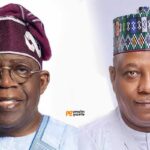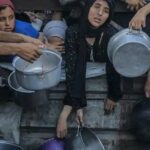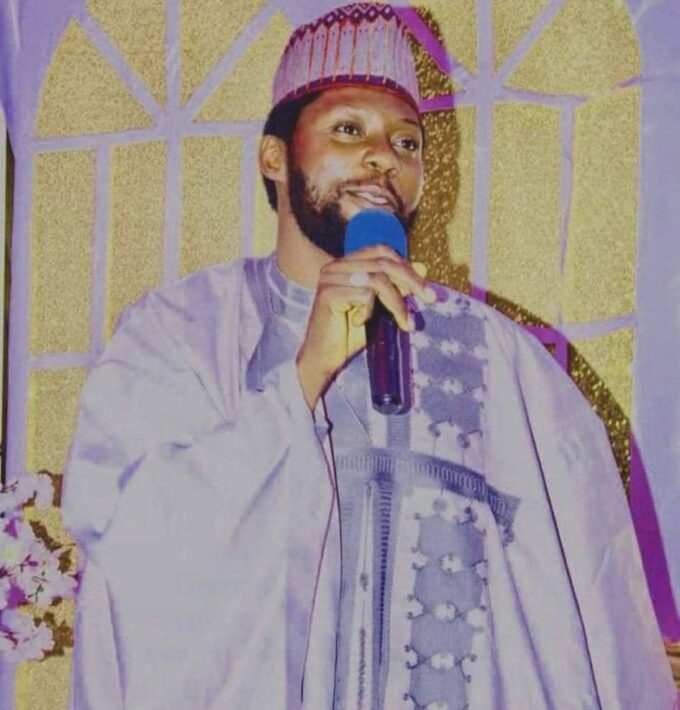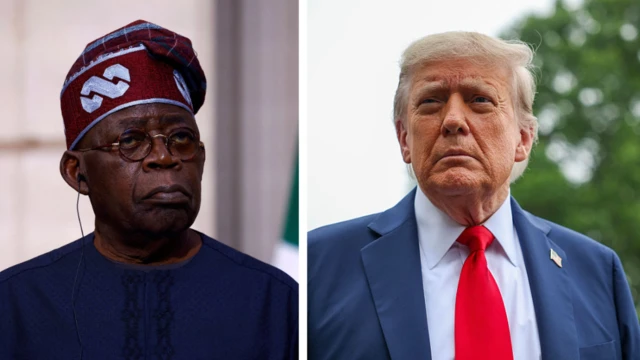Eleven years ago, on the 25th of July, 2014, an unforgettable tragedy unfolded in Zaria, Kaduna State, Nigeria. On that day, the International Quds Day was marked globally in solidarity with the oppressed people of Palestine. However on that fateful day, Nigerian military personnel in war combat ready outfit under the administration of President Goodluck Ebele Jonathan, opened fire on unarmed civilians, including women and children, who had gathered to express solidarity with Palestine and to condemn Israeli aggression on Gaza.
The attack came after completing the procession peacefully, leaving thirty three members of the Islamic Movement under the revered leadership of Sheikh Ibraheem Zakzaky. Similarly a Christian gentleman was gunned down by the military for protesting the killing of the innocent protesters. According to reports from human rights organizations and eyewitnesses, the soldiers not only fired live ammunition at close range but also continued shooting even as the wounded lay on the ground pleading for help. Among those killed were three sons of Sheikh Zakzaky: Ahmad, Hamid, and Mahmud who were all university students. Similarly, several others were also arrested.
This attack raises several serious questions about the role and motives of the Nigerian state under Jonathan’s leadership. The Nigerian Constitution guarantees the right to freedom of religion, association, and peaceful assembly. Yet, in this instance, those rights were grossly violated. The demonstrators were not engaged in any violent activity, nor did they threaten public safety. They were exercising their right to protest global injustice, particularly the Israeli military’s bombardment of Gaza, which had already claimed hundreds of innocent Palestinian lives by that date and continued occupation of the Holy land by the illegal state of Israel.
The Nigerian military’s response was not only disproportionate but also unlawful. There was no justifiable reason for deploying lethal force against unarmed citizens. The fact that this attack happened in broad daylight, in a civilian setting, and continued without consequence suggests a deliberate and calculated operation aimed at silencing the Islamic Movement and suppressing pro-Palestinian activism.
The killings were not only a gross abuse of human rights but also a shameful betrayal of Nigeria’s moral responsibility as a member of the global Muslim community. President Goodluck Jonathan’s silence in the aftermath was deafening and seen as being complicit.
What makes the massacre even more tragic is that it occurred during Ramadan — a sacred month of reflection, peace, and mercy, and on Quds Day, a day meant to stand against oppression and injustice. The symbolism of killing Muslims for supporting Palestine cannot be overstated. It was a brutal irony: Nigerian Muslims, mourning the suffering of Palestinians, were themselves gunned down by their own government.
Despite calls by human rights organizations, civil society groups, and international observers, no soldier or government official was ever held accountable for the Zaria Quds Day massacre. The government failed to conduct a credible investigation or to provide justice for the families of the victims. This culture of impunity only emboldened further attacks on the Islamic Movement, culminating in the even more horrific Zaria massacre of December 2015 under President Buhari’s administration.
The Quds Day killings of July 25, 2014, remain a scar on the conscience of the Nigerian state. It exposed the deep-seated intolerance, militarization, and sectarian prejudice embedded within Nigeria’s security apparatus and political elite. It also revealed how easily power can be abused when citizens’ rights are not protected by the rule of law.
As Nigerians reflect on this painful episode, serious questions must be asked: How could a democratic government unleash its military on peaceful mourners? Why were the victims, mostly students and religious adherents, treated as enemies of the state? Where is the justice for those slain, maimed, and traumatized?
Until the Nigerian state publicly acknowledges this crime and brings the perpetrators to justice, the spirit of those killed will continue to haunt the nation’s conscience and the master minders of the crime. More importantly, all Nigerians, Muslims and non-Muslims alike, must insist on the sanctity of life, the right to dissent, and the demand for accountability. Surely, on the Day of Judgment, every drop of innocent blood will be accounted for.
“And do not think Allah is unaware of what the wrongdoers do. He only delays them for a Day when eyes will stare in horror.” Qur’an 14:42
Professor Abdullahi Danladi
Resource Forum
Islamic Movement, Nigeria
25th July, 2025














Leave a comment